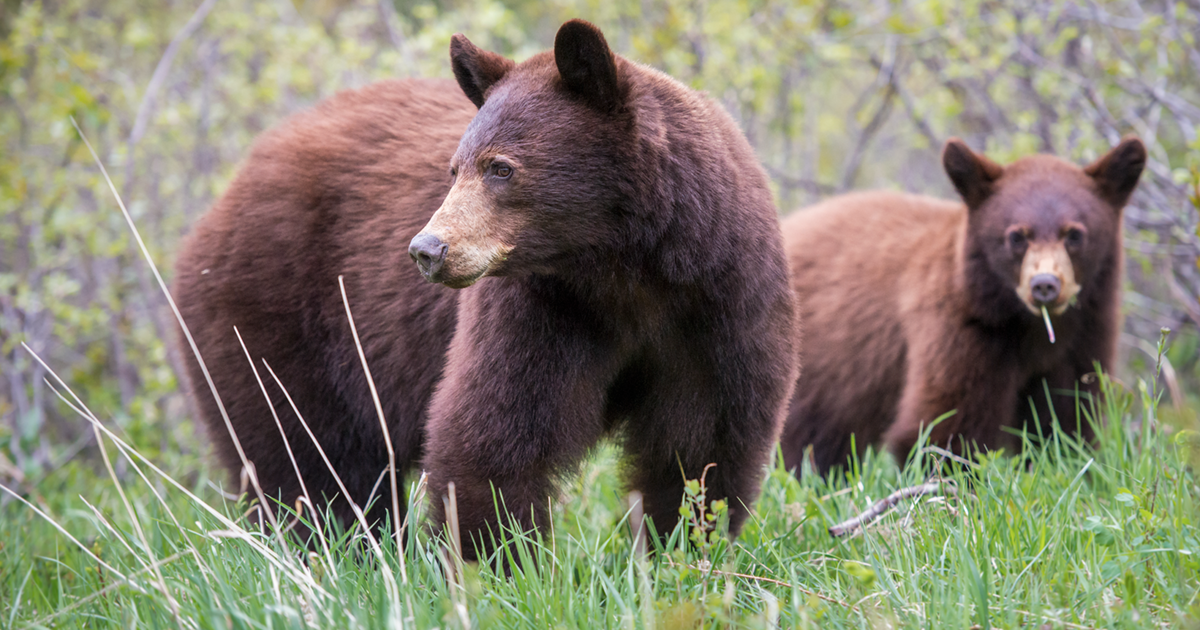
A healthy family of black bears in British Columbia’s Central Okanagan region are accessing unsecured garbage, beehives and other common attractants, the BC Conservation Officer Service has reported.
As a result of this, the family may have to be “euthanized“, an officer was quoted. This family isn’t going to be euthanized, however: they’ll be killed.
Euthanasia is a term commonly misused by conservation officers and other government agents when quoted in media. The word has a very specific meaning:
The family of bears referenced are in no way “hopelessly sick or injured.” In fact, the family of bears aren’t even behaving in an usual manner: they’re eating foods that are accessible to them, just like a hungry person would.
The only true problems in this situation are humans unwilling or unable to take the steps necessary to prevent bears from accessing attractants, and the need to focus on enforcement of bylaws and provincial laws rather than the bears.
Euthanasia, when used in this context, is an intentional misdirect; it is softening the harsh blow of the facts. A family of black bears in the Okanagan may be killed because of ongoing choices and actions by people. There are tools to change this behaviour, namely educational initiatives supported by direct enforcement of laws via citations and tickets.
We are hopeful our government and media partners who hope for this change will support a call for the end to the misuse of the word euthanasia and redirect focus to solutions.
